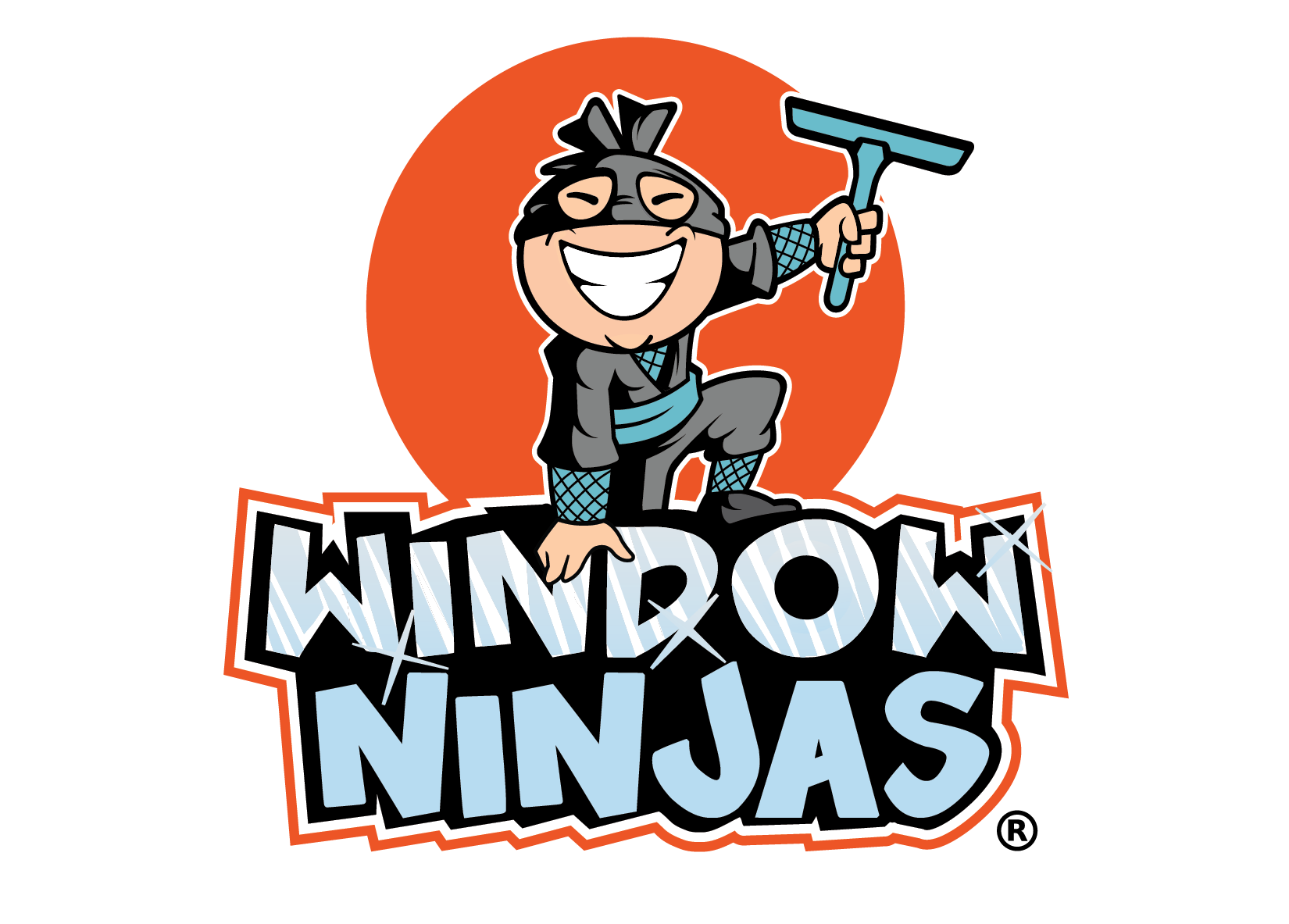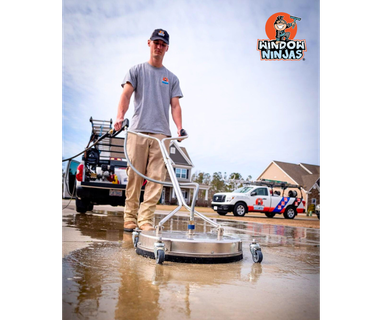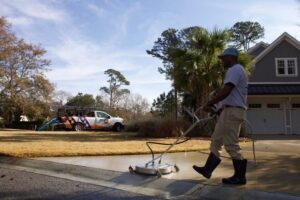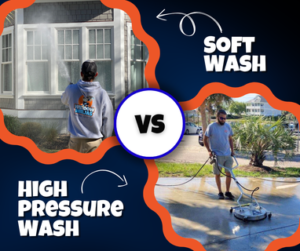Are you looking to restore the original charm of your Nashville property? Have years of grime, dirt, and mildew taken a toll on your home’s exterior? If so, pressure washing might be just what you need. But with various methods available, how do you determine the most effective for your specific needs? Is it hot water power washing, cold water pressure washing, or perhaps a chemical-based approach? This article will delve into pressure washing, comparing various techniques and their effectiveness in Nashville’s unique climate and environmental factors. Read on to find the answers.
Understanding the Basics of Pressure Washing
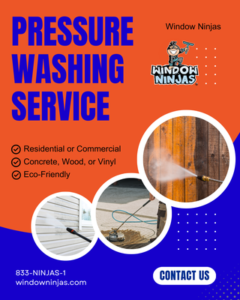
A pressure washer consists of a motor that drives a water pump, a high-pressure hose, and a trigger gun-style switch. Once the machine is powered on, water is accelerated through the hose, creating a pressurized stream. When this stream comes into contact with a surface, it effectively breaks down grime and dirt, making it easy to rinse.
There are two main types of pressure washers – electric and gas-powered. Electric pressure washers are generally lighter and quieter, making them ideal for small, residential tasks. On the other hand, gas-powered models generate more power and are better suited for larger commercial applications.
Pressure washing can be extremely effective, but using the correct technique and pressure settings is important to avoid damaging the surface you’re cleaning. Additionally, safety should always be a priority when operating a pressure washer, as the high-pressure stream can cause injury if mishandled.
Different Types of Pressure Washers
Pressure washers come in a variety of types, each designed to suit specific cleaning needs. The two main types are electric and gas-powered pressure washers.
Electric Pressure Washers: These are generally more compact, quieter, and easier to maneuver than their gas-powered counterparts. They are ideal for light-duty tasks such as cleaning cars, outdoor furniture, small decks, and patios. Electric pressure washers typically produce a water pressure of 1300 to 2000 PSI (Pounds per Square Inch), sufficient for most home cleaning tasks. They also have the advantage of low maintenance since they don’t require oil changes.
Gas-Powered Pressure Washers: These are the heavy-duty contenders in pressure washing. They offer higher pressure output, typically between 2000 and 3000 PSI, making them suitable for larger, tougher jobs like cleaning large decks, driveways, and the exterior of houses. Gas-powered models require regular maintenance, including oil changes and tune-ups.
In addition, there are two subtypes based on the temperature of the water used: hot water pressure washers and cold water pressure washers. Hot water models are often used for commercial applications where tough grease and grime must be removed. In contrast, cold water models are more common for residential use. Understanding these differences can help you choose a pressure washer that best meets your cleaning needs.
Comparisons of Various Methods
Pressure washing methods can vary greatly, each suited to different jobs. Here’s a comparison of the most common methods:
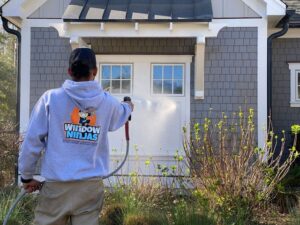
Hot Water Pressure Washing: Hot water breaks down grime and grease more effectively than cold water, making this method ideal for commercial or industrial applications. Combining heat, agitation, and soap allows hot water pressure washers to clean more thoroughly and efficiently.
Chemical Pressure Washing: This method adds special cleaning agents to the water to boost its cleaning power. These chemicals can dissolve tough stains and kill mildew, mold, and algae. However, choosing environmentally friendly products and using them sparingly is essential to avoid potential harm to plants and animals.
Soft Washing: This is a less aggressive form of pressure washing that uses lower pressure and specialized solutions to safely remove mildew, bacteria, algae, and other organic stains from roofs and other delicate surfaces.
Each method has its advantages and should be chosen based on the specific requirements of the cleaning task at hand.
Power Washing vs Pressure Washing
The terms power washing and pressure washing are often used interchangeably, but they differ slightly.
Pressure Washing: This method uses high-pressure water spray to remove loose paint, mold, grime, dust, mud, and dirt from surfaces and objects such as buildings, vehicles, and concrete surfaces. The machines used in pressure washing can produce a powerful stream of cold water, typically up to 2000 PSI (pounds per square inch). Pressure washing is generally safe for most surfaces, including concrete driveways, brick walls, and patios.
Power Washing: Power washing is very similar to pressure washing but it adds one crucial element: heat. Power washers use hot water to clean, which makes them more effective at removing stubborn substances like oil, grease, and gum from surfaces. The combination of high pressure and high temperature makes power washing a better option for handling tough cleaning jobs. However, due to the heat, power washing can potentially damage some surfaces, so it should be used cautiously.
In summary, both methods effectively clean outdoor surfaces. Still, the choice between pressure and power will depend on the specific cleaning needs. Power washing might be the best choice if you’re dealing with greasy or oily stains. For general cleaning tasks, pressure washing should suffice.
Final Thoughts
In conclusion, pressure washing is a versatile cleaning method with various types and methods to cater to different needs. Each serves a unique purpose, from electric to gas-powered models and cold water to hot water types. The choice between pressure and power washing depends on the nature of the task, with power washing being more effective for stubborn stains due to its heat element. However, it’s crucial to understand each method’s potential risks and environmental implications. By understanding these differences, you can make an informed decision and choose the best pressure washing solution for your specific cleaning requirements.
Window Ninjas is committed to making your property look its best! To schedule an appointment or discuss your property’s needs, simply reach out to us. You can do this either by calling us at 615-988-6699 or by requesting our services online at windowninjas.com. It’s our pleasure to make the process as easy as possible for you. Let us help your property shine!
